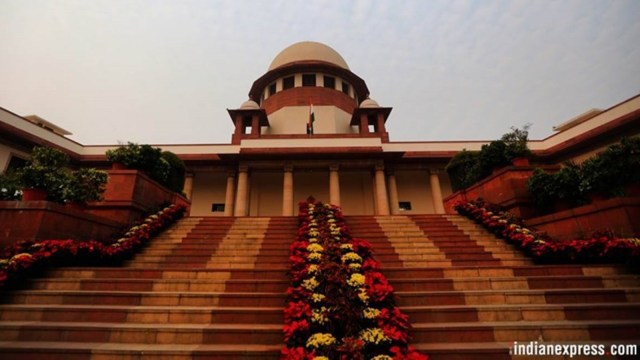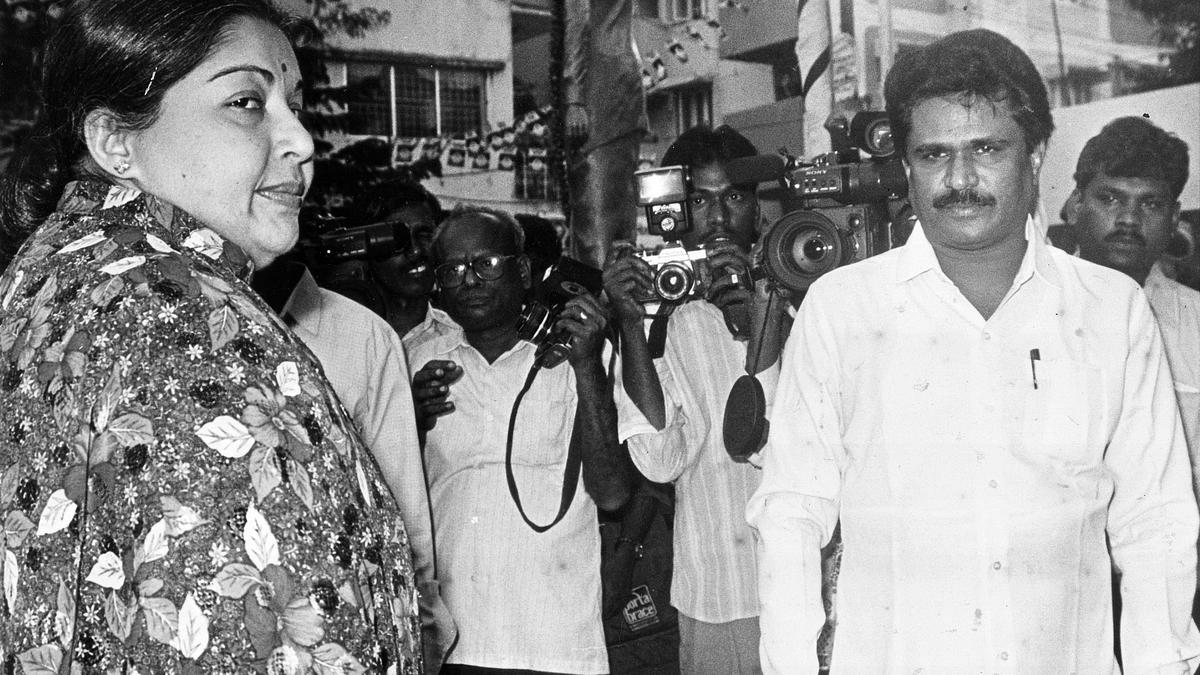ARTICLE AD BOX
 Meanwhile on Tuesday, opposition-ruled Punjab, Karnataka and Kerala argued that the Governor of a state does not have any discretion with respect to Bills presented to him by a state legislature, except those expressly conferred by the Constitution.
Meanwhile on Tuesday, opposition-ruled Punjab, Karnataka and Kerala argued that the Governor of a state does not have any discretion with respect to Bills presented to him by a state legislature, except those expressly conferred by the Constitution.
The Supreme Court on Tuesday said Governors were expected to give assent to Bills passed by the state legislatures within “reasonable time” but fixing time limits for the President and Governor will throw up a lot of litigation. The top court also said the fear is that the court is being dragged into a situation to monitor the legislative process.
“The fear is you are dragging the court into a situation where the legislative process is getting completely monitored and controlled through the processes of the court… There is expediency and requirement for legislative process to be completed within reasonable time, but to fix a time schedule, the biggest risk the court takes… more than anybody,” Justice P S Narasimha, who is part of a five-judge Constitution bench hearing a presidential reference, said.
The bench presided by CJI B R Gavai and also comprising Justices Surya Kant, Vikram Nath and A S Chandurkar is hearing the reference made by President Droupadi Murmu in the wake of the SC fixing time limits for President and Governors to act on Bills.
Meanwhile on Tuesday, opposition-ruled Punjab, Karnataka and Kerala argued that the Governor of a state does not have any discretion with respect to Bills presented to him by a state legislature, except those expressly conferred by the Constitution.
Senior Advocate Gopal Subramanium, appearing for Karnataka, told the bench that “Governor is not conferred with any discretion by or under the constitution in relation to Article 200. Under Article 200 the Governor is bound to act in accordance with ministerial advice while deciding to grant assent, or withhold assent for the purpose of returning a Bill to the House or Houses for reconsideration or reserve a Bill for the President’s consideration. The sole exception is found in Article 200(2) which entitles the Governor to exercise discretion in reserving any Bill for the President’s consideration if in the opinion of the Governor, the Bill would derogate from the powers of the High Court as to endanger its constitutional position.”
He argued that “any unfettered discretion conferred upon the Governor can severely endanger our democratic republic.”
Subramanium said the “Governor does not act as a representative of the President or agent of the Centre. The Governor swears an oath under Article 159 to devote himself to the service and wellbeing of the people of the state. This commitment clearly indicates that the Governor is intended to act in the interest of the state.”
Story continues below this ad
He said that the Centre’s argument “in support of an absolute power to veto” that a Governor can withhold a Bill without returning it to the state legislature “will render the state elections completely futile. It is contrary to letter and spirit of the constitution”. He added that “constituent Assembly debates firmly demonstrate that the founders intended the Governor to only be a titular head acting on ministerial advice.”
Senior Advocate K K Venugopal for Kerala said the Constitution requires the Governor to act “as soon as possible” and this meant to act “forthwith” and not “as soon as convenient”. He said “Even if the phrase was not there, if a money Bill is presented to him along with other Bills, he has to deal with the money Bill forthwith because the consequences of not assenting to a money Bill will be stupendous.” The hearing will continue Wednesday.



.png)
.png)
.png)























 English (US) ·
English (US) ·